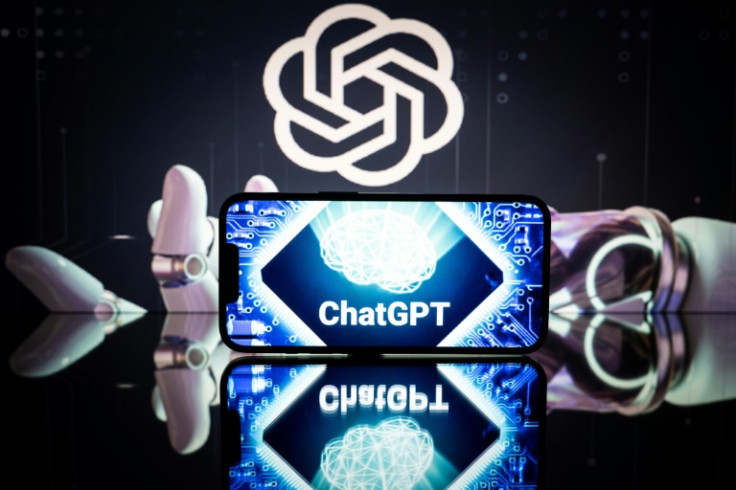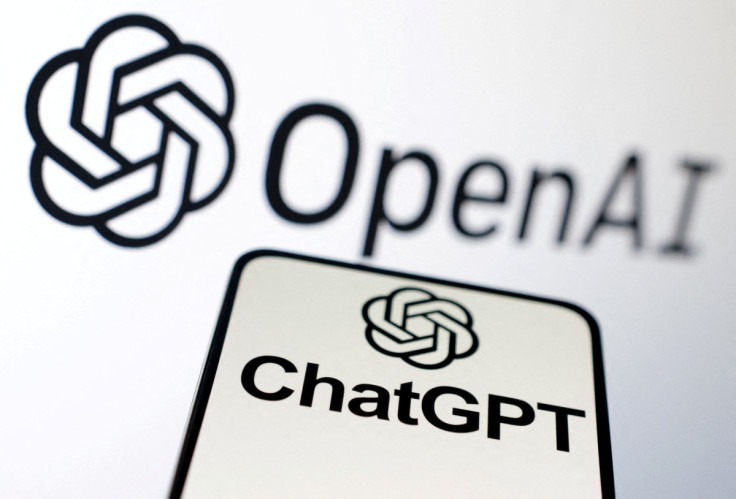GPT-5 Could Release By End Of The Year; How Powerful Will They Be?
The latest version of OpenAI's language model system, GPT-4, was released earlier this month. Anticipation is already running high for an updated version of the artificial intelligence (AI) chatbot technology.Reports now suggest a more powerful GPT-5 will complete training by end of the year.
Tech entrepreneur and developer Siqi Chen tweeted that GPT-5 is expected to achieve Artificial General Intelligence (AGI) by December.
i have been told that gpt5 is scheduled to complete training this december and that openai expects it to achieve agi.
— Siqi Chen (@blader) March 27, 2023
which means we will all hotly debate as to whether it actually achieves agi.
which means it will.
Artificial general intelligence, often abbreviated as AGI, denotes the capacity of an AI system to grasp and adapt to any given task or idea that may be comprehensible by human beings. In simpler terms, a fully developed AGI-enabled AI could possess similar capabilities as that of a human, making it almost indistinguishable from the latter, Interesting Engineers Reported.
"I don't mean to say achieving AGI with GPT-5 is a consensus belief within OpenAI, but non-zero people there believe it will get there," Chen added.
This assertion holds significant implications in light of the varied possibilities that AGI could offer. On the positive side, AGI has the potential to significantly amplify the efficiency of AI-powered procedures, streamlining operations for humans whilst removing menial and uninspiring tasks.
However, providing such a high degree of autonomy to AGI could lead to unintended and unforeseen consequences, the extent of which cannot be ascertained at present.
OpenAI was planning to introduce GPT-4.5, GPT-4's successor, by September or October. It will serve as an intermediary model between GPT-4 and the impending GPT-5.

Concerns regarding privacy and security
Elon Musk and many other tech leaders and researchers, in an open letter Wednesday, expressed their concerns and called for a pause in the development of powerful AI systems to allow time to ensure they are safe.
Notably, should AGI spiral out of control, it has the potential to facilitate the proliferation of highly believable bots on major social media platforms such as Twitter. These bots could be used to propagate deceitful information, which would be increasingly difficult to identify and contain.
OpenAI temporarily disabled ChatGPT last to fix a software bug that allowed people to view the payment info and conversations of other users with the AI chatbot. In a similar vein, there were allegations that ChatGPT's competitor Bard was trained using the personal Gmail data of users. Google has since refuted the claim.
Here's everything to know about ChatGPT
The text-generating AI chatbot from OpenAI has gained wide popularity across the globe due to its remarkable ability to create essays, codes and other materials based on brief text prompts, boosting work efficiency. However, it also has certain negative aspects. Despite this, AI technology has seen a significant expansion in a short time since its inception, and major companies are exploring its potential to generate advertisement and marketing content.
OpenAI is making significant investments in ChatGPT. Premium ChatGPT users have the privilege to use GPT-4, a more natural and articulate writing model than its previous counterpart. Alongside GPT-4, OpenAI has also enabled the AI tool to link with the internet through alpha plugins intended for users and developers on the waitlist.

© Copyright IBTimes 2024. All rights reserved.






















